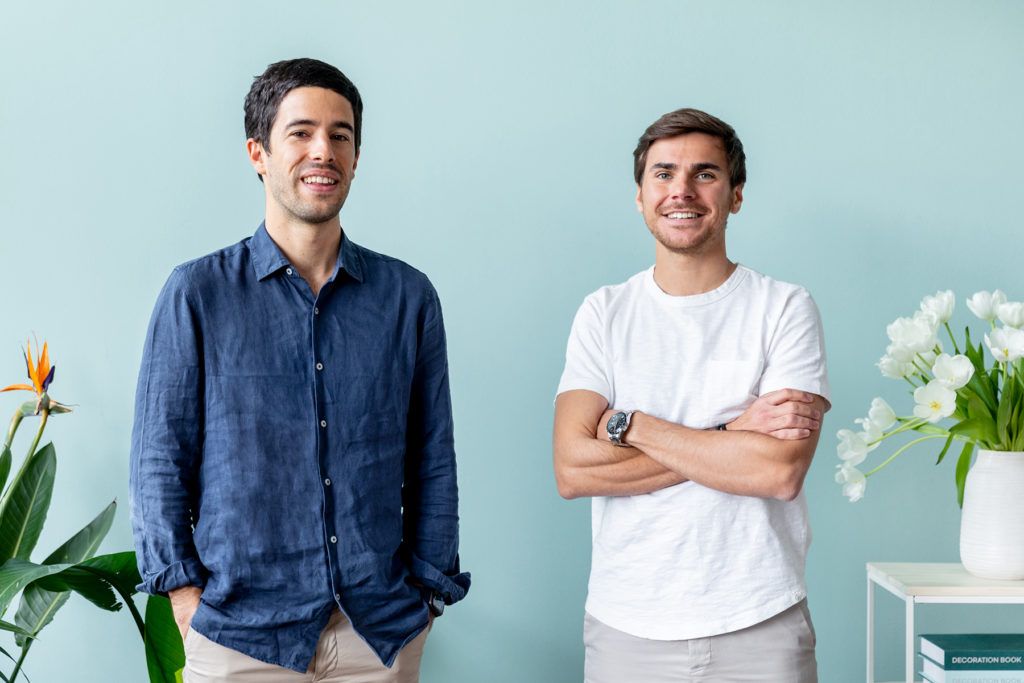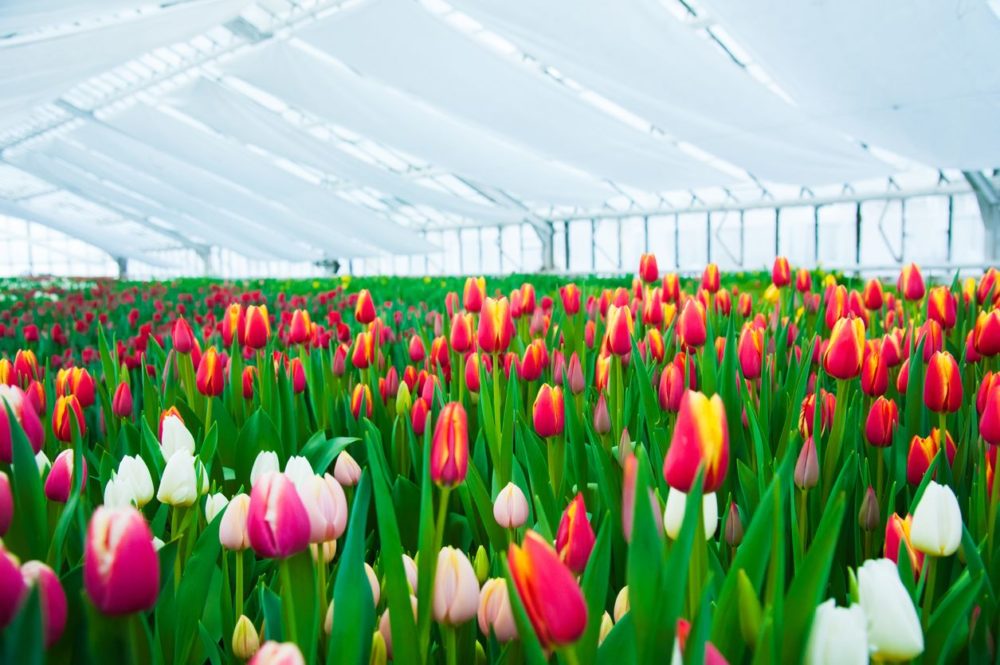Colvin, a tech platform serving the floriculture industry, has raised €45 million ($53.1 million) in a Series C round led by private equity firm Eurazeo with participation from agrifood-focused VC Capagro, both of which are based in Paris.
The startup said it will use the funding to expand its B2C presence across Europe, grow its B2B marketplace, and hire as many as 100 new personnel.
With this Series C round, the startup has raised a total of €70 million ($82.7 million) to date.
Founded in 2017, Barcelona-based Colvin started out as an online flower store. It sought to streamline the B2C cut flower sector by cutting out middlemen and positioning itself as the sole intermediary between growers and end consumers. It offers this service in its native Spain as well as Germany, Italy, and Portugal. France is earmarked for its next launch.
While the startup says its B2C business remains important due to its “high potential in terms of growth, scalability, and profitability,” in the past couple of years it has moved into the B2B space, leveraging its connections with farmers to supply florists and other third-party retailers.
“The flower industry is very big, worth about $100 billion each year worldwide, but it has one major problem – intermediation. There can be five or six different parties between the farmer and the end customer,” co-founder and co-CEO Andrés Cester told AFN.
A lack of digitalization is part of the reason for this, he says – along with extensive fragmentation in the industry. Most growers and retailers of flowers tend to be small businesses, and they’re large in number, requiring middlemen to link them together.
This results in increased prices “because [produce] has to pass through intermediaries, reducing the quality of product, and creating a bigger carbon footprint,” Cester says.
“We started in B2C, building tech that would allow us to connect growers directly with customers. That was our go-to-market, and that continues to grow. But back in 2020, we realised that the opportunity was not only about connecting end users, but transferring benefits to a broader group – the professionals in this industry.”
“We decided to take our tech, our knowhow, and our network of growers to try to streamline their communications and way of doing business with each other.”
According to Cester, Colvin works with two types of grower: local farms, which are typically small, family-owned operations based in the countries where the startup operates; and international farms running larger floriculture operations targeting the mass market. These are mostly located in Colombia, Ecuador, and Kenya, he says.
“With both types, the model is very similar. We help them to better predict the volumes we require from them, fix prices, and then buy from them and distribute to our customers or retailer partners.”

By building a tech-enabled network of farmers, wholesalers, and distributors — and collecting data on its customers — Colvin “generates a lot of price arbitration opportunities” for all stakeholders in the value chain – as well as a market for white-labeled tech services, Cester says.
“We’ve seen these models in other highly intermediated industries, such as travel, where they’ve been able to match supply and demand more efficiently, and similar principles can be applied to this industry.”
Other areas where Colvin is exploring how tech can improve floriculture include using blockchain to certify the origin and quality of flowers, and using humidity sensors to monitor conditions when flowers are being transported from growers to retailers. In the
“Imagine you’re a rose grower in Colombia. You have to put your seeds in the ground, and roses take up to 12 months to bud – but you’re putting seeds in the ground now, without any data or knowledge on what the end customer wants. So we see a huge opportunity to help these growers get data to help them predict better what they have to cultivate,” Cester says.
Looking further into the future, Colvin could expand beyond floriculture to other agrifood sectors – though Cester stresses that’s part of a “long-term vision.”
“We would like our platform model to become a marketplace for other professionals with the aim of benefiting and revitalizing the entire industry – starting with flowers and plants, but also in the future with other perishable products,” he says.
“What we see is that the problems we have identified in floriculture — intermediation and lack of digitalization, high prices, high carbon footprint, low quality — also happen in other industries […] The vegetable industry and the fruit industry are different from each other, and they’re different than meat or cereals, but all share some similar patterns to flowers in terms of inefficiencies, waste, and carbon footprint.”
As was the experience for many e-commerce companies, the Covid-19 pandemic proved something of a boon for business. Colvin claims that customer demand doubled over the course of 2020, during which it shipped over 10 million flowers, launched a new division focused on houseplants, and doubled its staff headcount to 200.
“Covid-19 forced all the players in the supply chain to take digitalization more seriously. Previously it was a ‘nice to have’ – now it’s a must,” Cester says.
“[Flower farmers and retailers] cannot have another period like this and not be digitalized – so that opens up a huge opportunity for us to help their businesses.”





